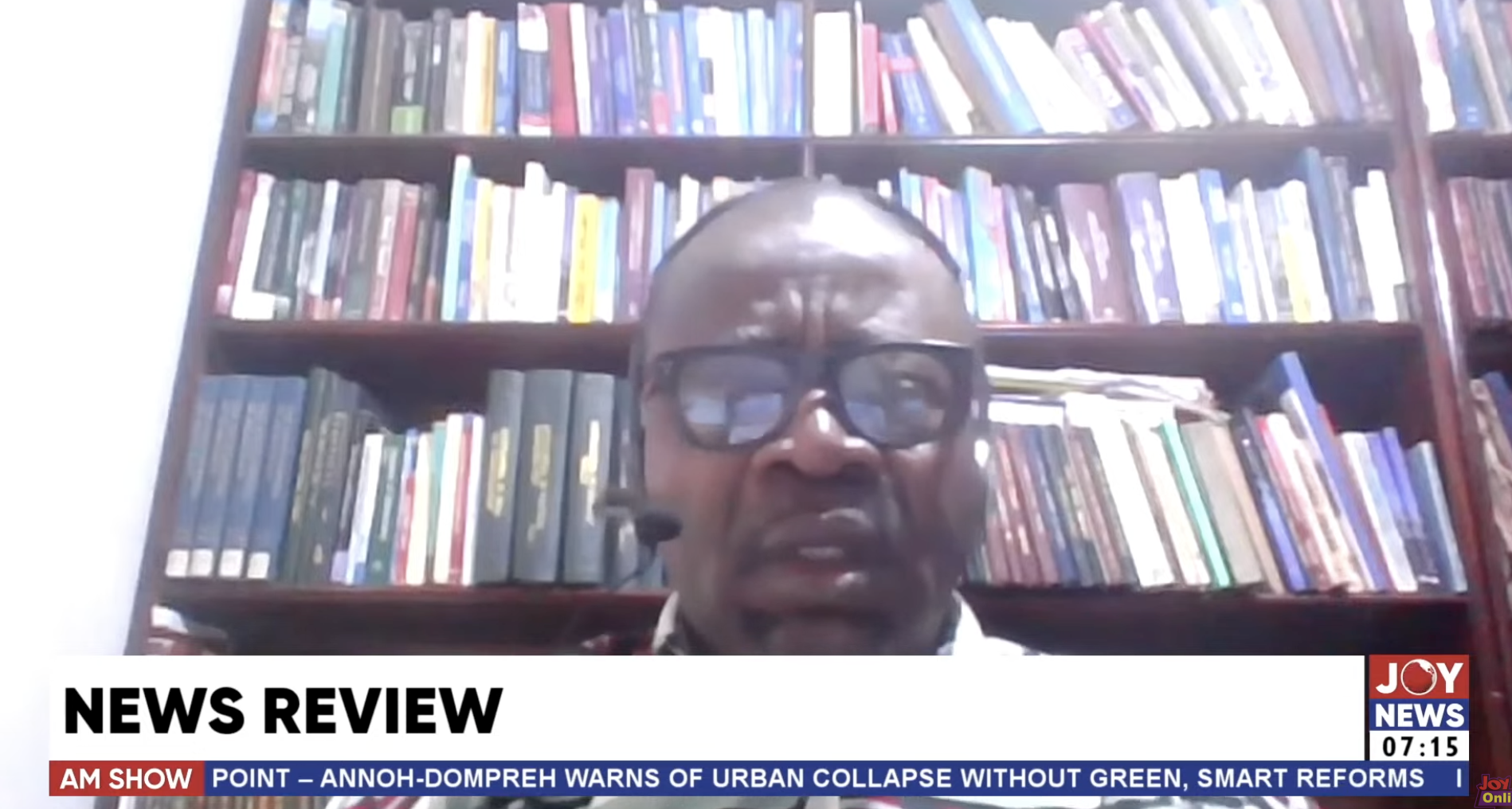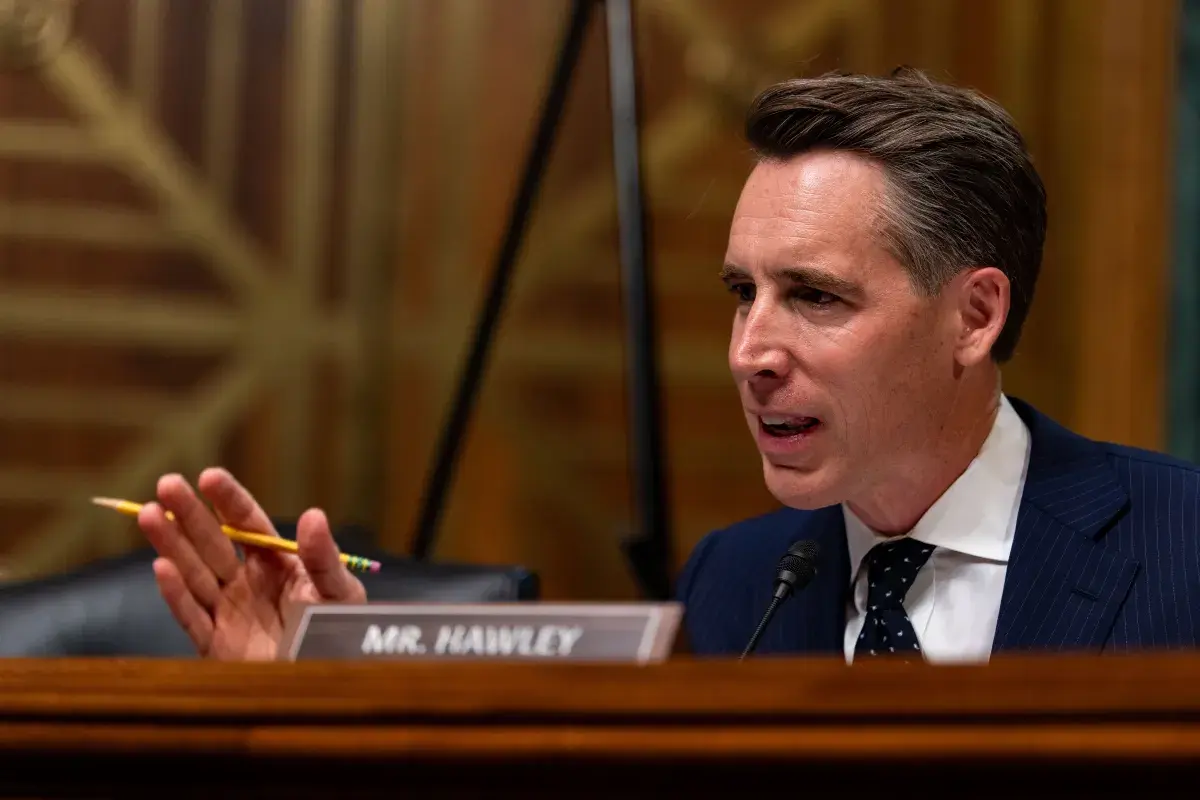Copyright The New York Times

Perhaps it took the second coming of Donald Trump for empathy and hope to make a comeback in American politics. The idea of meeting voters where they are was a big winner in Tuesday’s elections. So, too, was what the 2008 Republican vice president nominee Sarah Palin once mocked as “that hopey-changey stuff.” President Trump certainly had a lot to do with this new appreciation for empathy and the thrashing of Republicans at the polls — by forgetting why he won and who elected him, and by scaring half the country to death with his authoritarian overreach. The Democratic sweep was so comprehensive that the party’s factions, which relish tangling with one another as much as they enjoy fighting their partisan adversaries, cannot easily use these results to score points. The big three Democratic winners — Govs.-elect Abigail Spanberger in Virginia and Mikie Sherrill in New Jersey and Mayor-elect Zohran Mamdani in New York City — cover a lot of philosophical ground. More useful than parsing their differences is to ask what members of this victorious trio have in common, beyond their oft-articulated opposition to Mr. Trump. To say that all of them ran on the cost of living and Mr. Trump’s failure to keep his promises to push prices down is true, if incomplete. In their different ways, all three dispelled the myths that there is something magical about Mr. Trump’s political skills, that his narrow victory in 2024 heralded any sort of long-term realignment and that swing voters are easily bamboozled. Tuesday’s winners did not ignore Mr. Trump’s successes. Mr. Trump has dominated politics for a decade not only because he’s skilled at exploiting anger, fear and resentment but also because many left-out voters, particularly in the working class, feel that he sees them. They credit him with an understanding of their feelings, their situations and — strange word with Donald Trump, I know — their values. They believe he has their backs in a way that metropolitan, college-educated liberals do not. When Mr. Trump promised to bring back jobs in coal and manufacturing (as opposed to retraining people for new jobs), he seemed to share the sense of loss experienced by those forced to leave behind a way of life. His promise was largely empty since technological change means many of those old jobs are never coming back. But his pledge sounded more empathetic than the technocratic promises of “upskilling.” In an interview, Ms. Spanberger observed that the politicians’ vow to retrain people missed the fact that “points of pride for people matter” when it comes to a lifetime of work. She, Ms. Sherrill and Mr. Mamdani all understood this empathy gap and seized the opportunity that Mr. Trump’s arrogant indulgence of his whims and hungers has provided to close it. Tuesday’s victors took note and battled Trumpism by addressing the discontent Mr. Trump exploited but failed to remedy. Mr. Mamdani’s most important electoral innovation was not socialism but empathy married to hope. He began his campaign not by preaching to or condemning those who voted for Mr. Trump or sat out 2024, but by asking them why. His upbeat campaign won frequent comparisons with the efforts of Barack Obama, who joked when he was running for president that he was often attacked as a “hope monger.” There were plenty of salvos against Mr. Trump and billionaires, but the energy of Mr. Mamdani’s effort came from his appeal to re-engage those “who see politics today as too cruel for the flame of hope to still burn,” as he put it in his victory speech. New Yorkers “have spoken in a clear voice: Hope is alive,” he said. Ms. Sherrill regularly referred to specific conversations she had with thousands of New Jersey voters during the campaign. She would highlight their work in their communities and their stories about affordability, particularly soaring utility prices. Responding to the blue-collar flight from her party, she unequivocally embraced organized labor. “When you lift workers up,” she said of unions, “all workers get lifted up.” One result of Ms. Sherrill’s work: She defied the trend of Democrats performing badly with less educated voters. Exit polls showed that while Ms. Sherrill did do better with college grads, winning 62 percent of their votes, she also won 50 percent among those without college degrees. The day before the election, I spoke with Ms. Spanberger, who faced down a heavy advertising campaign from her Republican opponent, Winsome Earle-Sears, that mimicked Mr. Trump’s attacks on Kamala Harris last year over transgender issues. The close of the Earle-Sears ads seemed like cut-and-paste: “Spanberger is for they/them, not for us.” The retro ad blitz flopped, and Ms. Spanberger maintained her support for L.G.B.T.Q. equality. The lesson of her win, she told me, is that Democrats need to reconnect with voters who have come to distrust them. “If we’re going into communities and listening to what matters to people,” she said, “there’s just a value in grounding our discussions in people’s sense of place and who they are. I think that sometimes it can come off as Democrats just have all these different ideas for how to fix you. And people don’t always want to be fixed, right?” Ms. Spanberger campaigned intensely in rural areas that Democrats often write off, and it had an impact: As Politico reported, she surpassed Ms. Harris’s 2024 margin in 48 of the state’s 52 rural localities. And she was 19 points stronger in rural Virginia than the 2021 Democratic nominee for governor, Terry McAuliffe. She relishes the story of a rural hospital in Lee County that closed in 2013. “The sheriff’s department, and this guy named Eddie, who I recently met, would regularly go check on the building,” she said, “you know, make sure that the pumps were still working, keep the air flowing so that this building wouldn’t just fall apart from not being used.” Their aspiration was that “someday this hospital may open again, and someday we’ll be ready for it.” In 2021, a regional hospital system reopened it. “The excitement within the community and the pride within the community that they saw a path towards getting that hospital opened again and they were ready for it and they weren’t willing to let go of it, it is so extraordinary,” Ms. Spanberger said. “Kind of back to the notion of hope, right?” she said. Ms. Spanberger’s joy in talking up the people of Lee County reflects what may be Rule No. 1 in defeating Mr. Trump. “The first thing that people are looking for, I think, in political engagement,” she said, “is some level of respect.” Trumpism began in anger, alienation, frustration and division. The antidote is empathy, solidarity, mutual respect and hope. Tuesday’s elections delivered a starter dose.



